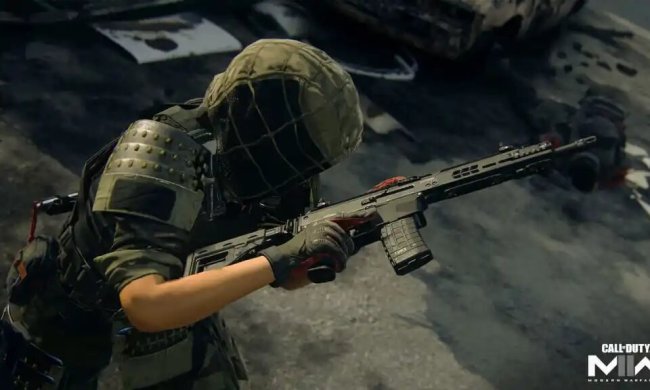Two weeks after a lawsuit was filed against publishing giant Activision Blizzard, one of the company’s senior leaders is taking their leave. J. Allen Brack, who has been Blizzard’s president since October 2018, is leaving his position. In his place, the company is installing two “co-leaders,” Jen Oneal and Mike Ybarra.
Brack first joined Blizzard in January of 2006 according to his page on Activision Blizzard’s website. Before becoming president, Brack led World of Warcraft as the game’s executive producer and was the main driving force behind WoW Classic. In the weeks following the State of California’s lawsuit against Activision Blizzard, development on World of Warcraft has paused. Blizzard employees also recently staged a walk-out on the company, demanding that changes be made at a foundational level.
Replacing Brack at the helm of Blizzard are Jen Oneal and Mike Ybarra. Oneal was previously the developer’s executive vice president of development. Before heading to Blizzard, she led Vicarious Visions, which was acquired by Blizzard this past January. Similarly, Ybarra is an industry veteran, serving as Microsoft’s corporate vice president for Xbox Live and Xbox Game Pass before joining Blizzard in 2019.
While the statement made by Blizzard announcing Brack’s leave doesn’t directly mention the lawsuit filed against the company, it does allude to it. “Both leaders are deeply committed to all of our employees; to the work ahead o ensure Blizzard is the safest, most welcoming workplace possible for women, and people of any gender, ethnicity, sexual orientation, or background; to upholding and reinforcing our values; and to rebuilding your trust,” reads the company’s statement. “With their many years of industry experience and a deep commitment to integrity and inclusivity, Jen and Mike will lead Blizzard with care, compassion, and a dedication to excellence.”
The lawsuit filed against Activision Blizzard alleges that the company developed a “frat boy culture” in which sexual harassment and discrimination were not only rampant but went unpunished. According to the lawsuit, “Numerous complaints about unlawful harassment, discrimination, and retaliation were made to Defendants’ human resources personnel and executives, including to Blizzard Entertainment’s President J. Allen Brack. But, Defendants failed to take effective remedial measures in response to these complaints.”



